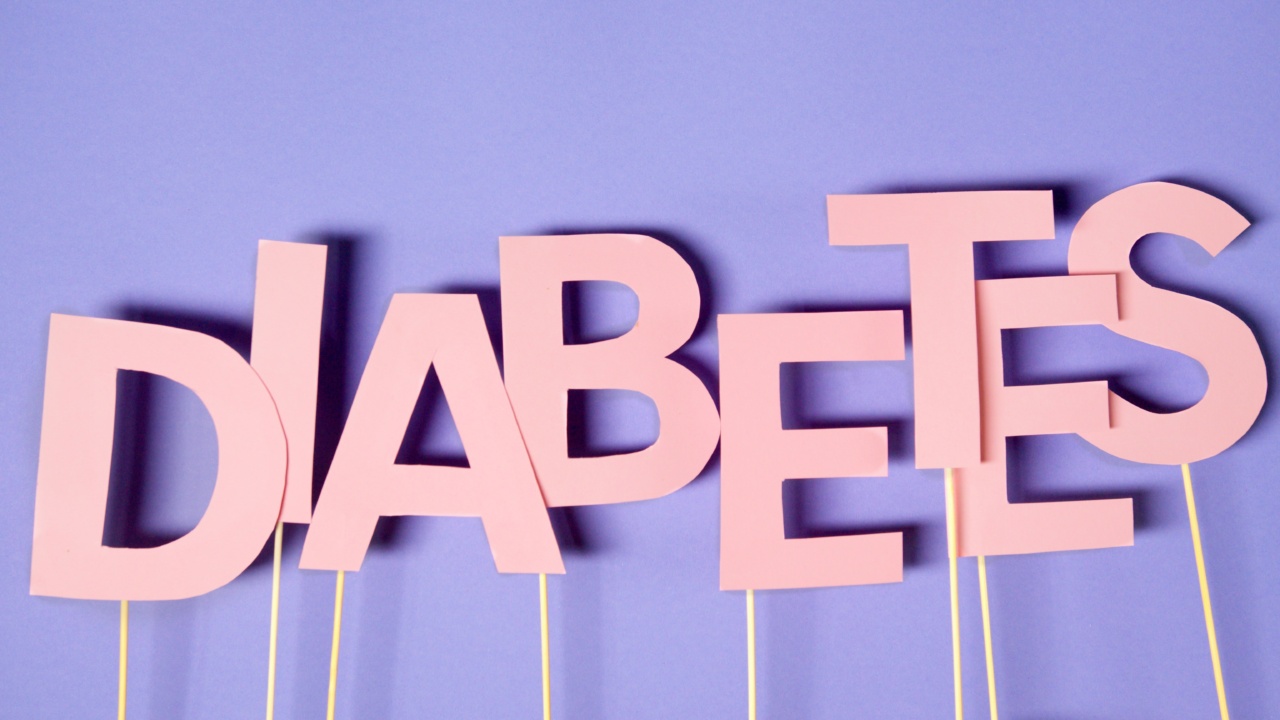Sugar has been subject to discussions about its effects on our mental health for a long time. Some studies claim that sugar might trigger depression, lessen the symptoms of anxiety or depression, or even be a source of addiction.
In this article, we will look into the relationship between sugar and depression, what is a fact, what is a myth, and how we can maintain a healthy diet that is beneficial for our overall mental health.
What is Depression?
Depression is a mental health condition that can be characterized by persistent feelings of sadness, hopelessness, and a loss of interest in things that one used to enjoy. Some symptoms of depression include:.
- Feeling tired most of the time
- Difficulty concentrating
- A change in appetite that leads to weight loss or gain
- Sleeping less than usual or more than normal
- Increased irritability, restlessness, or anxiety
Depression is a serious condition that affects millions of people worldwide. There are several treatments available for depression, such as psychotherapy, medication, or a combination of both.
However, there are also other lifestyle factors that can help manage the symptoms of depression, such as exercise, getting enough sleep, or practicing relaxation techniques.
How Does Sugar Affect Our Brain?
Sugar is a carbohydrate that is one of the primary sources of energy for our body. When we eat sugary foods, our body breaks down the sugar into glucose, which is then absorbed into our bloodstream.
Our brain uses glucose as a source of energy, and it is essential for our brain to function correctly. However, excess sugar consumption can lead to various health problems, such as obesity, diabetes, or heart disease.
When we consume sugar, our body releases a hormone called insulin, which helps regulate the amount of glucose in our bloodstream and transport it into our cells.
However, excessive insulin levels can also affect our brain function and lead to mood swings or energy crashes.
Does Sugar Cause Depression?
There is no concrete evidence that proves that sugar causes depression. However, studies have shown that there might be a link between the consumption of sugary foods and an increased risk of depression.
A study published in the American Journal of Clinical Nutrition found that men who consumed more sugar had a higher risk of depression than those who consumed less sugar. Another study published in the journal Social Science & Medicine found that individuals who consumed more sugary drinks had a higher risk of developing depression than those who consumed fewer sugary drinks.
One of the possible explanations for this link is that sugar consumption may cause inflammation in our body, including our brain. Inflammation is a natural response of our immune system to an injury, infection, or disease.
However, chronic inflammation can lead to various health problems, including depression. A study published in the journal Psychoneuroendocrinology found that individuals who had more significant inflammatory markers in their blood had a higher risk of developing depression.
Does Sugar Relieve Depression?
Some people might turn to sugary foods to feel better when they are feeling down or stressed. However, there is no scientific evidence that proves that sugar can relieve depression.
On the contrary, excessive sugar consumption may worsen the symptoms of depression, such as mood swings or energy crashes.
Some studies have suggested that the consumption of foods rich in omega-3 fatty acids, such as fish, walnuts, or flaxseeds, may help improve the symptoms of depression.
Omega-3 fatty acids are essential for our brain function, and they can help reduce inflammation in our body.
Can Sugar Be Addictive?
Sugar can be addictive for some people, although there is still no consensus on whether sugar addiction is a real condition or not.
Studies have suggested that sugar can activate the reward centers in our brain similarly to drugs of abuse, such as cocaine or opioids, leading to cravings or overeating. However, sugar addiction is not recognized as an official diagnosis by the Diagnostic and Statistical Manual of Mental Disorders (DSM-5), which is the standard classification of mental disorders used by mental health professionals.
How to Maintain a Healthy Diet for Mental Health?
The key to maintaining a healthy diet that is beneficial for our mental health is to prioritize whole foods and minimize processed or sugary foods.
Whole foods are foods that are as close to their natural state as possible, such as fruits, vegetables, whole grains, lean proteins, and healthy fats.
Here are some tips for maintaining a healthy diet for mental health:.
- Eat a variety of fruits and vegetables that are rich in vitamins, minerals, and antioxidants.
- Include healthy fats such as omega-3 fatty acids found in fish, nuts, and seeds.
- Choose lean proteins such as chicken, turkey, fish, or plant-based proteins such as beans, lentils, or tofu.
- Limit processed foods that are high in sugar, salt, or saturated fats.
- Avoid sugary drinks and opt for water, unsweetened tea, or coffee.
- Limit alcohol consumption, as excessive drinking can worsen the symptoms of depression.
- Eat mindfully, paying attention to your hunger and fullness cues.
Conclusion
Sugar consumption may play a role in our mental health, but there is still no concrete evidence that proves that sugar causes depression or relieves its symptoms.
Excessive sugar consumption can lead to various health problems, including inflammation, which may increase the risk of depression. Maintaining a healthy diet that is rich in whole foods and limiting processed and sugary foods can benefit our overall mental health and well-being.































